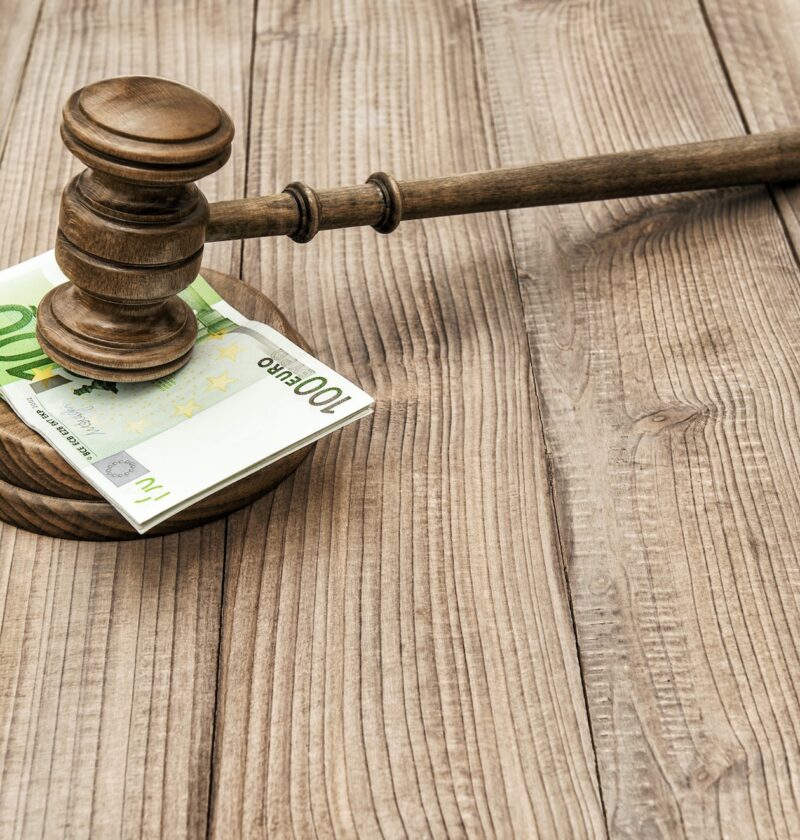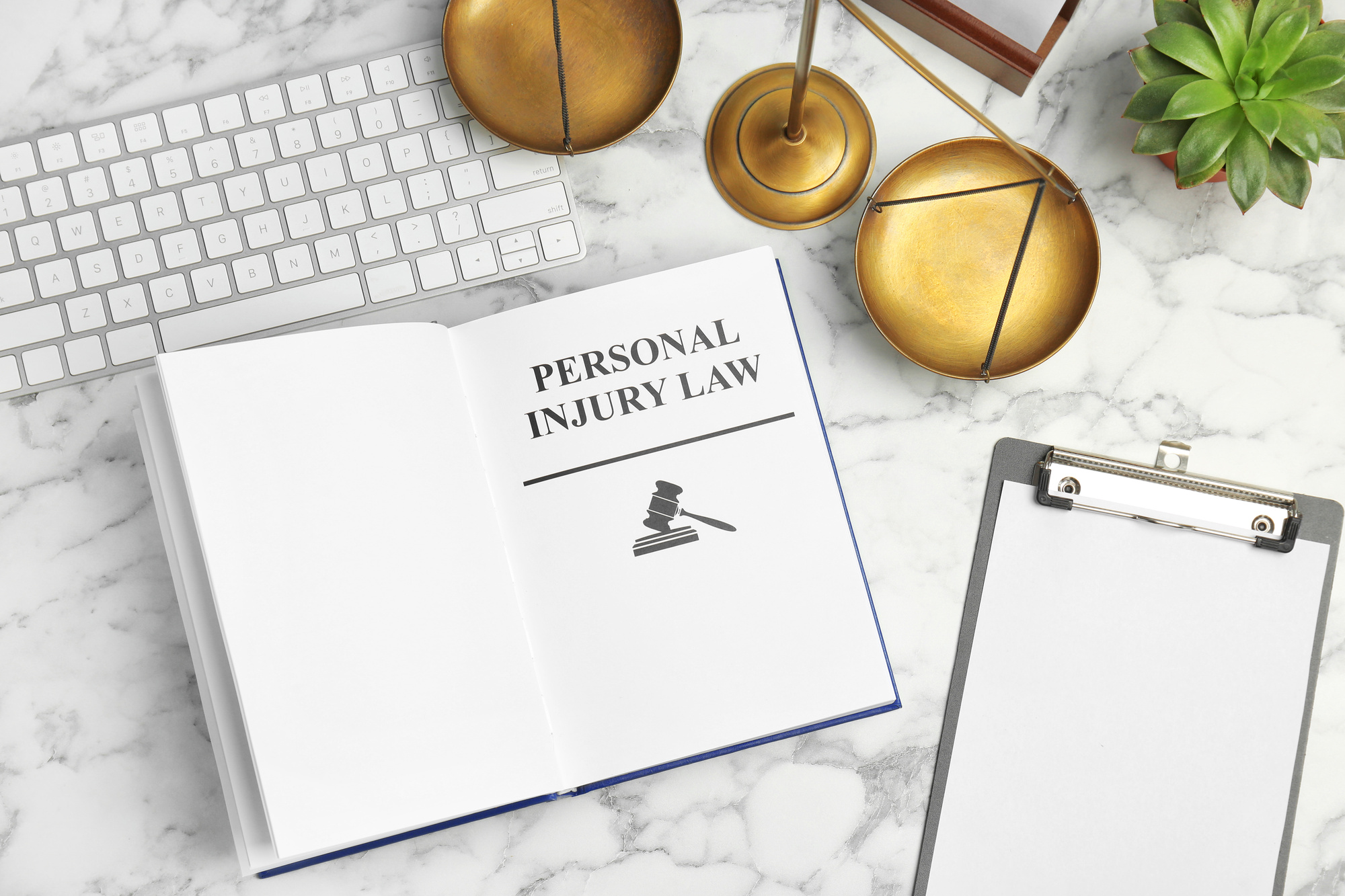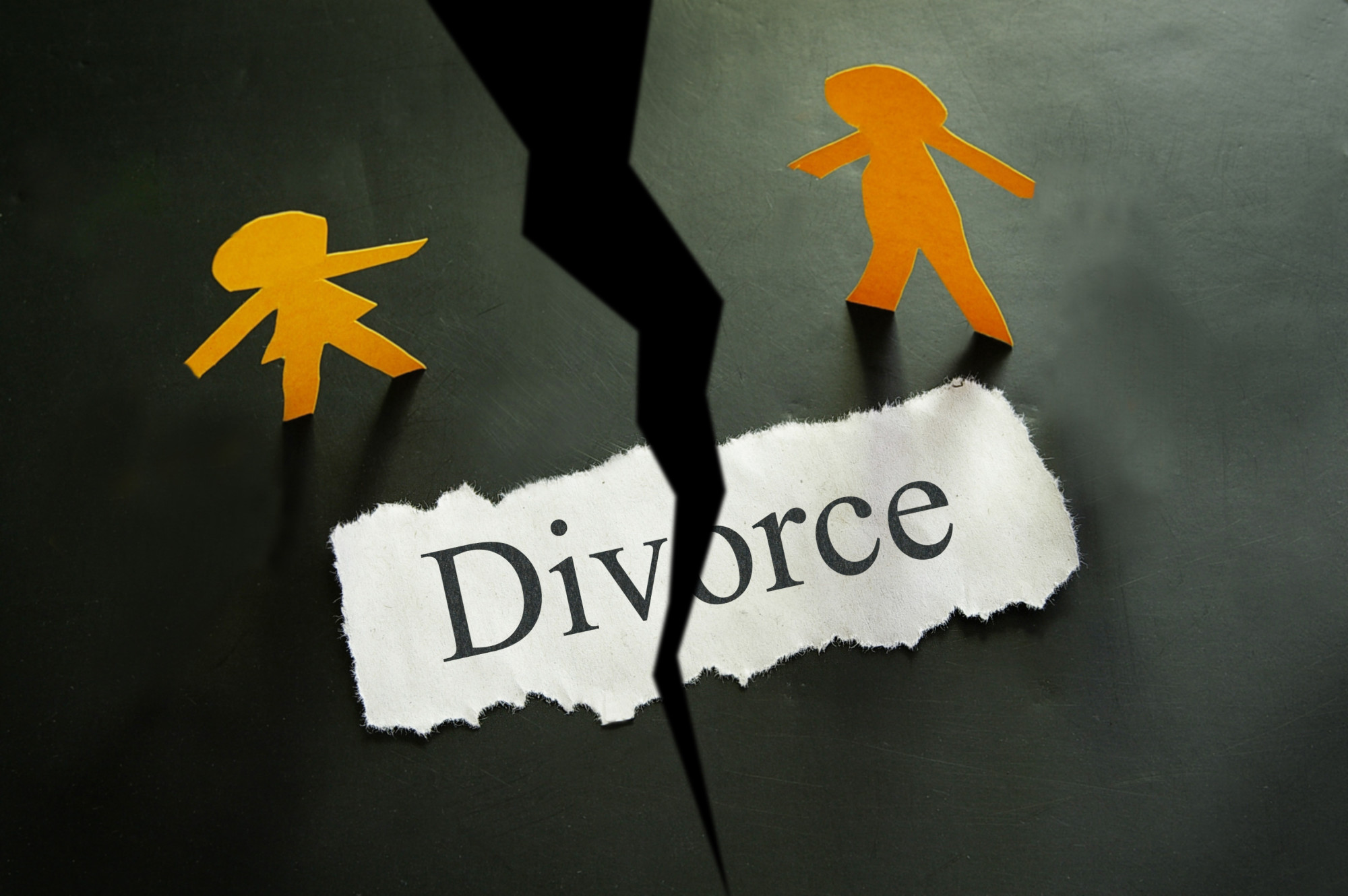If you or someone you know has been arrested, it’s essential to understand your rights. It includes what you can do if a police officer or ICE comes to your home or car.
When you’re arrested, a court judge will decide whether you can be released. They will set a bail amount. Bail is money or property you put up to guarantee that you will appear for future court dates.
What is Bail?
Bail is the security that someone arrested for a crime gives to the court in exchange for early release from jail before a judge sets a date for their first court hearing. It can be in the form of cash, a bond, or property.
The bail amount the court decides to set is based on many factors. These include the seriousness of the crime, your character, family ties, previous convictions, and your record of appearing or not appearing in court.
You may ask a judge to reduce your bail if you cannot post the amount required. The judge may also impose other conditions on your bail. These conditions could include payment of fines, court costs, and public defender fees.
What are the Conditions of Bail?
Bail is an essential legal tool that ensures defendants will appear in court at a later date. If a person breaks a bail condition, the judge may revoke the bail and order them back to jail.
The standard bail in Lancaster, PA, is observing all rules and occasionally refraining from engaging in particular activities. A judge can, for instance, forbid a domestic violence suspect from getting in touch with his alleged victim.
However, this is not always easy for a bailed-out suspect to comply with. Often, these conditions are dictated by the crime for which the defendant was arrested.
These conditions are usually enforced to keep defendants out of trouble and help to ensure they stay in their communities while waiting for their cases to be resolved. They also help to keep the public safe. For this reason, it’s important that defendants understand the terms of their bail and who is posting it.
How Can I Post Bail?
The bail system allows people who have been arrested for staying out of jail until they can attend court. Once a judge sets a bail amount, a person can post it themselves or hire a professional to do it for them.
Bail can be posted in cash, a cashier’s check, or money order. It is also possible to pay bail online using a credit or debit card.
A defendant can also use their property as collateral with the court. It adds to the cost of posting bail but can help reduce the risk that they will fail to appear in court.
If a court sets a fine, a mandatory surcharge, or a crime victim assistance fee in the case, the surety can ask that the cash bail money be applied to those fees. To do this, the surety submits a notarized statement asking to use the bail for those fees to the court clerk.
What if I Can’t Post Bail?
Getting arrested for a crime can be an overwhelming experience. In addition to trauma, it can also be financially draining for you and your family.
Your priority should be to get out of jail as soon as possible. That means posting bail.
Bail is an amount you agree to pay in exchange for the assurance that you will appear in court for your trial. Once you’ve appeared in court, your bail money is refunded.
Unfortunately, not all people can post bail. It can leave you in jail for months until your trial.
Pretrial detention can be a cruel and unjust punishment for innocent people. It can keep you from working, caring for your children, and living your life as it should be.







